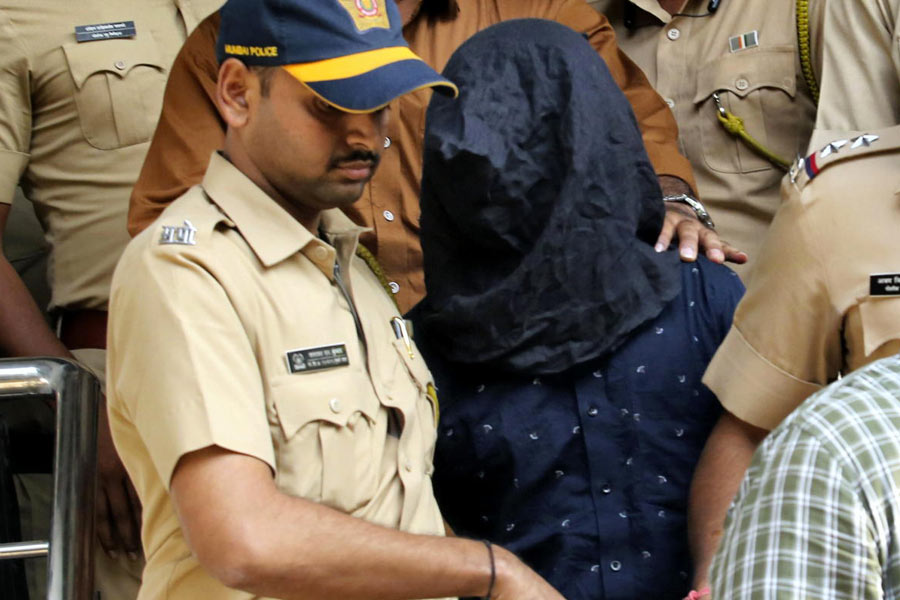Errant enterprise
Sir — Surreptitiously changing the marks on one’s report card in case of a poor showing is something many errant children do. It seems that the government of India, too, has adopted such a methodology. Reports claim that the Centre has approached the Observer Research Foundation to prepare a democracy index that may be more favourable to New Delhi’s paradigm than the rankings published by Western think tanks. Given the number of indices on which India has slid recently, it might be easier for the government to invest in a ‘brainwashing’ machine like the one in Hirak Rajar Deshe to whitewash all criticism.
Sucharita Basu, Faridabad
Pitch queered
Sir — The Centre cannot afford to sidestep questions about its decisions (“Centre delinks CJI and EC freedom”, Mar 21). While framing the law on the selection of election commissioners, the Centre had ignored the Supreme Court’s order directing the inclusion of the Chief Justice of India in the selection committee. Theoretically, the government’s argument delinking the judiciary from electoral freedoms is legitimate. But the law should be scrutinised because not only must it pass the test of constitutional validity but it should also be politically unbiased. The current law heavily favours the ruling dispensation of the day by including two of its members on the panel. It is unfortunate that the apex court has not struck it down.
K. Nehru Patnaik, Visakhapatnam
Sir — A couple of petitions seeking the presence of the CJI on the panel to select the office-bearers of the Election Commission of India were dismissed by the top court after a stout argument was presented by the Centre. The government’s logic is sound; the reasoning that the independence of the poll body can only be guaranteed if the panel has a member of the judiciary on it is fallacious. Allegations of legislative overreach are also flawed given that Parliament is the topmost law-making body in the nation. Such demands would harm the separation of powers principle enshrined in the Constitution.
Sukhendu Bhattacharjee, Hooghly
Sir — The government’s argument on the issue of the committee to appoint election commissioners defies logic. While it is true that the presence of a member of the judiciary does not guarantee the neutrality of such a committee, the inclusion of a cabinet minister who will surely fall in line with the prime minister’s opinion does strengthen allegations of bias. It has also been claimed that during the recent appointment of election commissioners, the list of candidates was submitted to the leader of the Opposition just a short while before their selection was formalised.
S. Kamat, Mysuru
Sir — The Centre appears to be eager to have its cake and eat it too. It brazenly defended its stand on the formation of the committee to select election commissioners by arguing that the impartiality of a panel comprising the prime minister, a cabinet minister and the leader of the Opposition should not be doubted. Does that imply that a panel including the CJI will be biased? It is clear that the prime minister and the cabinet minister on the panel will vote similarly.
Jang Bahadur Singh, Jamshedpur
Valued voice
Sir — The Madras Music Academy’s decision to confer the prestigious Sangita Kalanidhi award on T.M. Krishna should not be criticised owing to his passionate opposition to caste discrimination (“Churn over award to iconoclast musician”, Mar 22). His vocal criticism of Hindutva is perhaps also being held against him. As a citizen of a free country, he is entitled to his opinion and activism. Krishna’s detractors should reconsider their decision to boycott the Academy’s annual conference later this year.
G. David Milton, Maruthancode, Tamil Nadu











